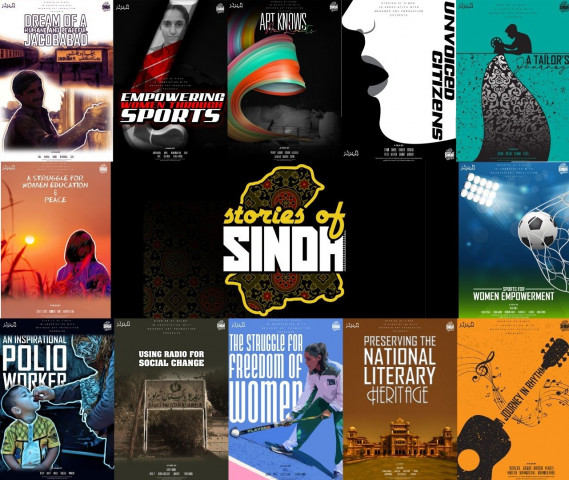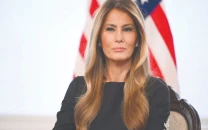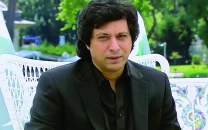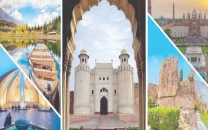'Stories of Sindh': Countering intolerance through documentaries
12 films with communal harmony as the core theme were produced as part of the project by Mehrdar Art and Production

To counter violent extremism and tribal conflicts, which had been gripping up in different parts of Sindh, especially in district Khairpur, Shikarpur, and Jacobabad. Mehrdar Art and Production (MAP) started a project called Stories of Sindh, according to a press release. The program seeks to encourage youth to come together to reclaim the reputation of the historically inclusive society of Sindh through documentaries.
A total of 75 participants were selected from Khairpur, Shikarpur, and Jacobabad with 25 from each district. The participants produced 12 films based on positive narratives, using examples of diversity and communal harmony, that were filmed from July 17, 2020, till July 22, 2020.
The virtual launch of the 12 films was held on Sunday with a physical launch planned for October 9, 2020, at Shah Abdul Latif Bhittai University in Khairpur.
The training was conducted by Award-Winning Filmmakers Haya Fatima Iqbal, Haseeb Halai, and Ali Brohi. Participants attended a workshop where they learned the importance of storytelling through in-depth discussions on indigenous stories, current trends in visual storytelling, and contemporary styles in documentary filmmaking.
According to Iqbal, during various stages of the workshop, participants came to understand how positive storytelling brings communities together and how powerful documentaries can remind audiences about what all is common between them and others.
Films that were produced included An Inspirational Polio worker, Art knows no limits, A tailor’s journey, Unvoiced citizens, Sports for women empowerment, Preserving the national literary heritage, The struggle for freedom of women, Using radio for social change, A struggle for women education and peace, Empowering women through sports , Dream of a humane and peaceful Jacobabad, and Journey in Rhythm, among many others.
Iqbal said that the tone was set right in the beginning when it was emphasised that documentary filmmaking tends to focus on the “grey” instead of the “black and white”; meaning that one of the main purposes of documentary filmmaking is to find nuances in people’s lives that celebrate humanity and diversity instead of creating schisms between them.
“We had participants from different religions and sects, and we had a considerable female presence in a much larger group of men – but everyone respected each other and listened to each others’ thoughts and feelings very respectfully,” Iqbal said.
She concluded that by virtue of people interacting with each other during the sessions, the ideals of pluralism, mutual respect, and diversity were being inculcated into participants’ minds at every instance of the workshop.
According to the founder of MAP, Muhammad Fahim, radicalisation in above mentioned parts of Sindh resulted in an intolerant environment that led many people including young girls and boys to develop social and psychological disorders.
He went onto said that this not only disturbed lives and livelihoods but also blocked the development in agriculture, markets, Community Infrastructure, education, health, and sanitation facilities.
“Many communities have been forced to leave their homes and migrate to other areas of Sindh due to the increase of radical elements in the society,” Fahim added.
Have something to add to the story? Share in the comments below.



















COMMENTS
Comments are moderated and generally will be posted if they are on-topic and not abusive.
For more information, please see our Comments FAQ